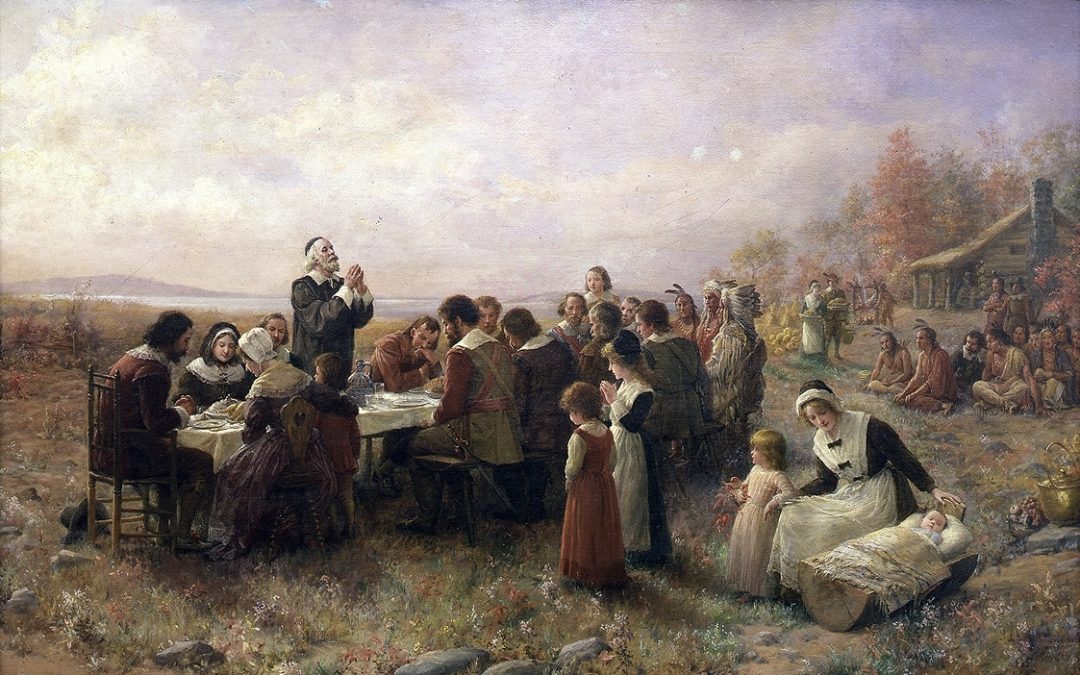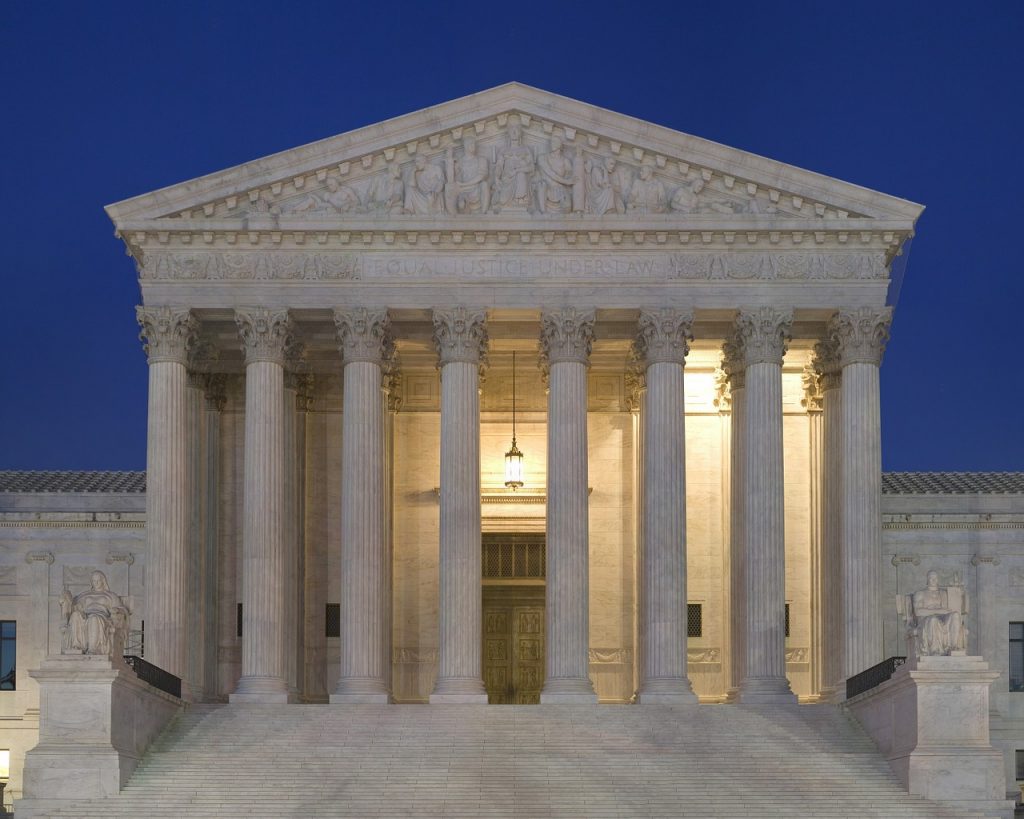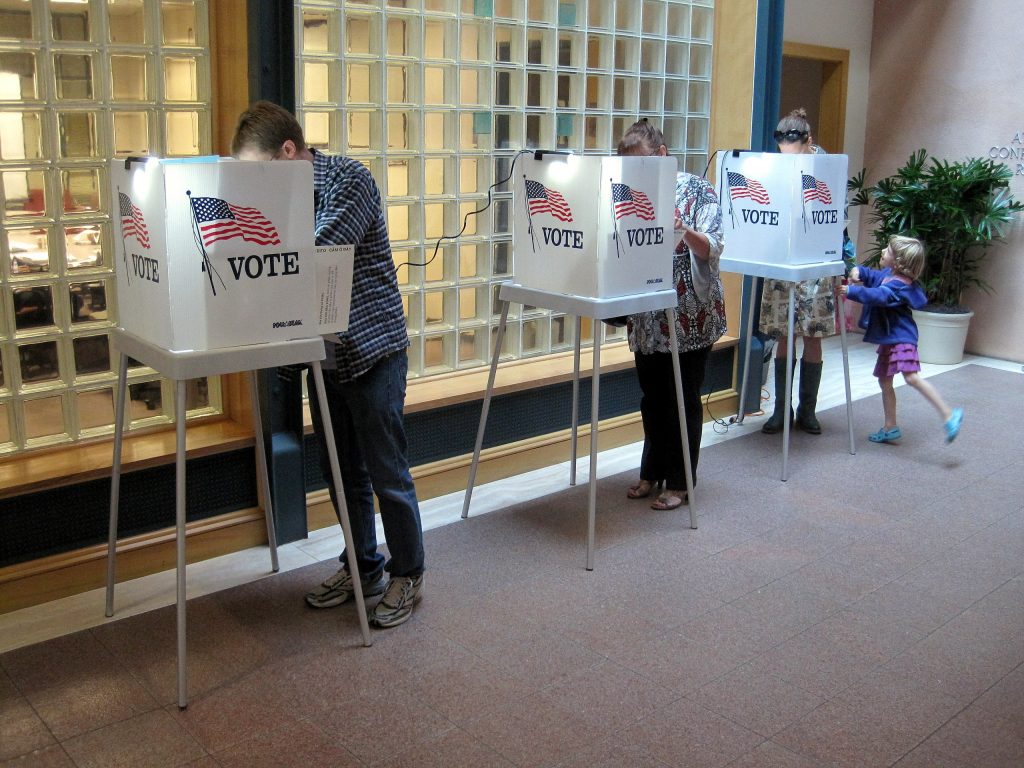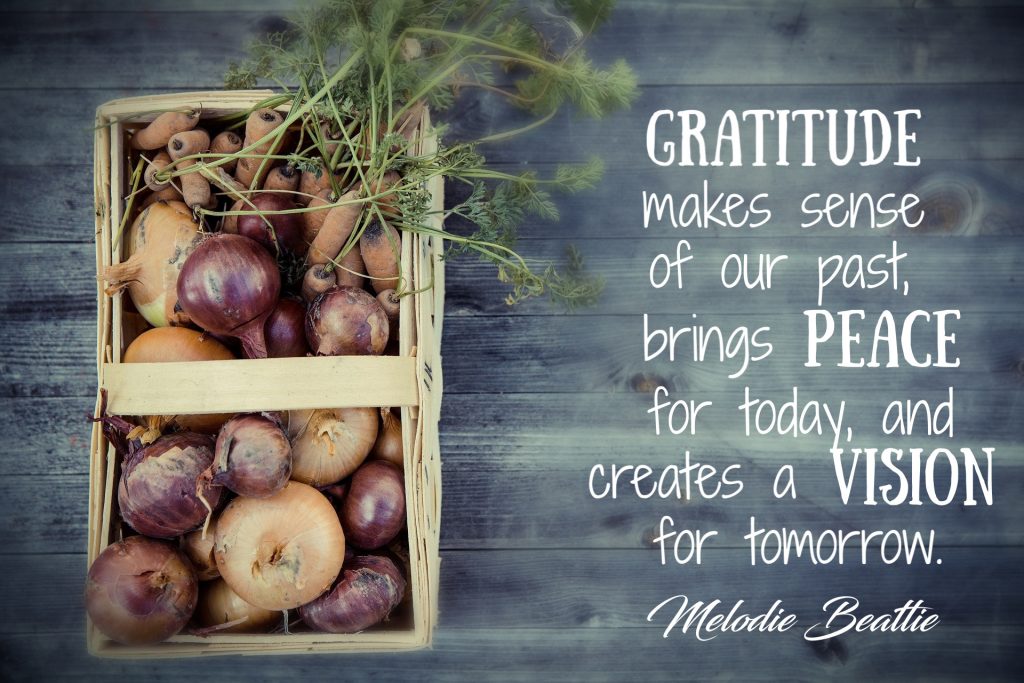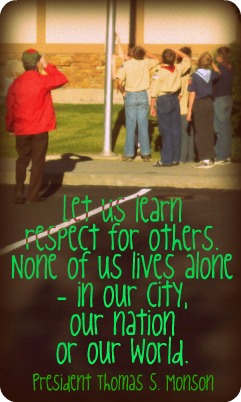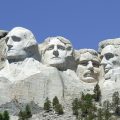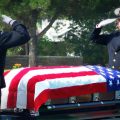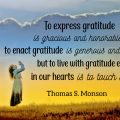November always seems like a mixed bag of observance days, with voting, veterans day and Thanksgiving. But they really go hand in hand. We exercise our freedom to vote, then we pay homage to those who have fought for our freedoms, and we end the month by giving thanks for the blessings and the bounty that we have received. This expression of gratitude is essential for us and our nation. Elder Joseph B. Wirthlin said,
Gratitude is a mark of a noble soul and a refined character. We like to be around those who are grateful. They tend to brighten all around them. They make others feel better about themselves. They tend to be more humble, more joyful, more likable.
Why is this? Sister Bonnie D. Parkin taught,
Gratitude requires awareness and effort, not only to feel it but to express it.
It is in this effort to be aware that we remember. President James E. Faust explained,
One of the advantages of having lived a long time is that you can often remember when you had it worse. I am grateful to have lived long enough to have known some of the blessings of adversity. My memory goes back to the Great Depression, when we had certain values burned into our souls. One of these values was gratitude for that which we had because we had so little.
We live in a time of abundance. No wonder, then, that there seems to be a shortage of gratitude. Many of us can’t remember the blood, sweat and tears that went into making our nation what it is today. But as we reflect on the power of voting, the sacrifice of our veterans and the silent contributions of our nation’s unsung heroes, we can truly give thanks for all we have.
The Founding of a Nation

Washington at Constitutional Convention of 1787, signing of U.S. Constitution, Junius Brutus Stearns.
We can’t fully appreciate the meaning of our November observances without first understanding how unique our nation is. Members of The Church of Jesus Christ of Latter-day Saints (sometimes mistakenly called Mormons or the Mormon Church) believe that God’s hand was in the founding of our nation. Elder L. Tom Perry said,
The success of the Declaration of Independence and the Revolutionary War came about through men who were raised up by God for this special purpose. You must read the Declaration of Independence to feel its inspiration. You merely need to study history to recognize that a group of fledgling colonies defeating the world’s most powerful nation stemmed from a force greater than man. Where else in the world do we find a group of men together in one place at one time who possessed greater capacity and wisdom than the founding fathers—Washington, Jefferson, Franklin, and others? But it was not to their own abilities that they gave the credit. They acknowledged Almighty God and were certain of the impossibility of their success without his help.
But the success was not without price. President Ezra Taft Benson explained,
This Declaration [of Independence] was a promise that would demand terrible sacrifice on the part of its signers. Five of the signers were captured as traitors and tortured before they died. Twelve had their homes ransacked and burned. Two lost their sons in the Revolutionary War; another had two sons captured. Nine died from wounds or from the hardships of the war. The Lord said He “redeemed the land by the shedding of blood” (Doctrine & Covenants 101:80).
What motivated the Founding Fathers and other Colonists to fight so hard and sacrifice so much? Was it for land and gold? No, it was for freedom.
Freedom in America
The Pilgrims and other early American settlers came to the New World to seeking freedom to worship, freedom of expression and freedom from tyranny. The Founding Fathers sought to preserve these freedoms in the new government. President Benson said,
The Declaration of Independence affirmed the Founding Fathers’ belief and trust in God in these words: “We hold these Truths to be self-evident, that all Men are created equal, that they are endowed by their Creator with certain inalienable Rights, that among these are Life, Liberty, and the Pursuit of Happiness.”
The Doctrine and Covenants states, “We believe that no government can exist in peace, except such laws are framed and held inviolate as will secure to each individual the free exercise of conscience, the right and control of property, and the protection of life” (Doctrine & Covenants 134:2). Life, liberty, property—mankind’s three great rights.
Thus, the Founding Fathers set up a system of governments run for the people, by the people.
Checks and Balances
With fresh memories of what happens when men get hungry for power, the Founding Fathers set up a form of government with many checks and balances. President Benson explained,
The wisdom of these delegates is shown in the genius of the document itself. The founders had a strong distrust for centralized power in a federal government. So they created a government with checks and balances. This was to prevent any branch of the government from becoming too powerful.
Congress could pass laws, but the president could check this with a veto. Congress, however, could override the veto, and by its means of initiative in taxation, could further restrain the executive department. The Supreme Court could nullify laws passed by the Congress and signed by the president. But Congress could limit the Court’s appellate jurisdiction. The president could appoint judges for their lifetime with the consent of the Senate.
Each branch of the government was also made subject to different political pressures. The president was to be chosen by electors, Senators by state legislatures, representatives by the people, and the Supreme Court by the president, with the consent of the Senate.
All this was deliberately designed to make it difficult for a majority of the people to control the government and to place restraints on the government itself.
This is where we the people come in.
The Power of Voting
Voting is a privilege that many Americans take for granted. There is power in knowing that the winning candidates will take office and the losing ones will not. That the winning referendums and ballot measures will take effect and the losing ones will not. That is the power of voting and the reason that every vote counts. When courts and governments decide to overstep their bounds and reverse decisions made by the people, we the people should be concerned.
We should also be concerned with low voter turnout rates–which have hovered around 50% for many years. (See this Pew Research study). Too many Americans don’t value the right and privilege of voting. But we do so at our own peril. The scriptures state,
Governments were instituted of God for the benefit of man; and . . . he holds men accountable for their acts in relation to them, both in making laws and administering them, for the good and safety of society (Doctrine & Covenants 134:1).
Lawrence A. Walters, at the time a professor in the Brigham Young University Romney Institute of Public Management, said,
Active engagement in the functioning of government and in addressing community concerns is an inherent responsibility of our citizenship and demands our best efforts.
Our best efforts include studying the candidates and the issues and then casting our votes according to our conscience. Why does this matter? President Benson explained,
… Righteousness is an indispensable ingredient to liberty. Virtuous people elect wise and good representatives. Good representatives make good laws and then wisely administer them. This tends to preserve righteousness. An unvirtuous citizenry tend to elect representatives who will pander to their covetous lustings. The burden of self-government is a great responsibility. It calls for restraint, righteousness, responsibility, and reliance upon God.
We show our gratitude by voting.
Preserving the Public Square
The Founding Fathers set up a system of government “for the people, by the people” which requires that we the people talk with each other to work things out. Walters said,
…Our lives are interconnected with others’. Our capacities are enhanced and our possibilities expanded through cooperation and collaboration. Because of our shared responsibility and because we are so much more effective together than we are individually, as active citizens we must actively engage with others.
We must cultivate the ability to participate in collective reasoning…. Such reasoning involves joining with others to identify issues and concerns, giving and receiving information, and taking counsel together. In this process citizens actually listen to others with a desire to understand their views. They ask questions they don’t know the answers to. They respect others, and they respect the decision process.
Inevitably, deliberative processes such as the one I have described identify conflicting points of view. When that happens, active citizens don’t give up but look for common ground and seek to build on a foundation of common understanding. We build relationships, coalitions, and networks as we patiently strive to reach joint decisions.
We gain a greater appreciation for others as well as our nation when we make the effort to work together. Especially when it comes to controversial issues. President Dallin H. Oaks taught,
On the subject of public discourse, we should all follow the gospel teachings to love our neighbor and avoid contention. Followers of Christ should be examples of civility. We should love all people, be good listeners, and show concern for their sincere beliefs. Though we may disagree, we should not be disagreeable. Our stands and communications on controversial topics should not be contentious.
We show our gratitude when we work together to preserve the public square.
Remembering Our Veterans
Sometimes standing in defense of our country requires literally standing to defend it. This is where the members of our armed forces step in. The men and women who serve our country sacrifice so much to do so. They sacrifice time to train, then more time to serve. Our military men and women leave their worried families to enter war zones. They see and experience horrors and terrors that most people cannot comprehend. They return from wars with wounds seen and unseen. Some don’t return, having paid the ultimate price for the freedoms we enjoy. Jeffrey S. McClellan, at the time director of BYU Publications and Graphics, wrote,
Selfless devotion to the freedom of others stands among the defining characteristics of those we honor on Veterans Day.
We who enjoy unparalleled rights and security owe an unpayable debt of gratitude to those who gave life, health, wholeness, and strength in our behalf.
President Thomas S. Monson said,
When we ponder that vast throng who have died honorably defending home and hearth, we contemplate those immortal words, “Greater love hath no man than this, that a man lay down his life for his friends.” The feelings of heartfelt gratitude for the supreme sacrifice made by so many cannot be confined to a Memorial Day, a military parade, or a decorated grave.
Indeed, true gratitude is not limited to one day or one event. McClellan said,
As we ponder how to honor such sacrifice, how to carry on the work of liberty, we should remember George Washington’s warning: “Virtue or morality is a necessary spring of popular government.”
Thus, we honor our veterans and their sacrifices as we do our part to protect freedom of speech in the public square, get involved in our communities and vote.
Our Nation’s Unsung Heroes
A hero is someone who shows great courage and is admired for achievements and noble qualities. Our unsung heroes are those who put their lives on the line to serve and protect us. Do we appreciate the police officers who are out patrolling the streets? The firefighters and ambulance workers who head out in a snowstorm to help those who have been in an accident? How often do we give them a heartfelt thanks?
Other unsung heroes are those who dedicate their lives to helping others and those teaching children and youth. President Howard W. Hunter said,
Not everyone is going to be the student body president or the Relief Society president or the teacher of the elders’ quorum. Not all are going to be … catching the acclaim all day every day. No, most will be quiet, relatively unknown folks who come and go and do their work without fanfare. To those of you who may find that lonely or frightening or just unspectacular, I say you are “no less serviceable” than the most spectacular of your associates.…
President Hunter compared working together with the players on a football team. He said,
Understandably enough, the quarterback is often given more attention than the other players, but his skill, learning, and efforts would be of little value if the other players did not play their part. Imagine what would happen if, on each play of the game, the guard, or one of the other offensive linemen laid down on the job or gave up his effort to protect the quarterback. What if the rest of the team decided not to put forth their very best effort? The answer is obvious. The quarterback could contribute nothing to the team.
All of the unsung heroes work together behind the scenes, with little to no recognition, to make our country great.
Giving Thanks
We end the month of November with the opportunity to reflect, remember and give thanks for our bounty and our blessings. It is a fitting way to end the month. Author Melodie Beattie wrote,
Gratitude makes sense of our past, brings peace for today, and creates a vision for tomorrow (The Language of Letting Go: Daily Meditations on Codependency (Center City, Minnesota: Hazelden, 1990), 218).
Thanksgiving offers us time to reflect on the power and privilege of voting, the sacrifices of those who have served and are serving our country and the unsung heroes that work behind the scenes. But then we must decide how to show our gratitude for the blessings that we enjoy. As scholar and preacher W.T. Purkiser wrote,
Not what we say about our blessings, but how we use them, is the true measure of our thanksgiving (The Gifts of the Spirit, Beacon Hill Press, Feb 1, 1975, 34).

